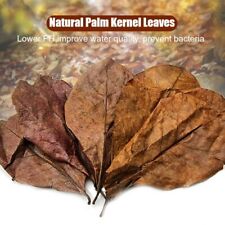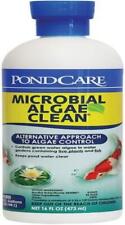Why Does My Dog Have White Stools?

My dog has dry white chalky stools. Is this a sign of worms? What can I do at home, if anything?

A dog’s feces are a remarkable insight into the general overall health of a dog. All dog owners should familiarize themselves with the "normal" appearance of their dog’s feces and, as disgusting as it might sound, should inspect them regularly for any unusual features. The presence of blood or mucus, a substantial change in consistency, or unusual color can all indicate that the dog may be unwell. However, the appearance of your dog’s stools is also subject to the vagaries of his diet and any medication he is on.
Any abrupt change in diet or various prescription drugs can radically change the appearance of a dog’s feces. If your dog has recently been put on a new medication, consult with your vet or the manufacturer as to the possible side effects and if you should discontinue use. White, chalky stools are often an indication of a high level of calcium in the diet, such as eating bones or having a wholly raw diet. In these cases, the white feces are not a cause for concern. If you are not sure, you can adjust his diet and see if this helps solve the problem. If you are sure that your dog’s diet or medication is not responsible, it is worth having your dog thoroughly examined by a vet to rule out any underlying health problems. Feces do not normally turn white in response to a worm infection – normally dog owners will notice a little blood or mucus instead – but you can give your dog an affordable over-the-counter worming treatment to be sure.

Natural Aquarium Decoration Fish Tank Cleaning Water Treatment Almond Leaf
$49.99
DOG TEETH CLEANING Pet Supplies Bad Breath treatment Mouthwash Water Additive
$34.45
DOG TEETH CLEANING Pet Supplies Bad Breath treatment Mouthwash Water Additive
$34.45
DOG TEETH CLEANING SPRAY PET Bad Breath treatment Mouthwash Water Additive
$34.45
DOG TEETH CLEANING SPRAY PET Bad Breath treatment Mouthwash Water Additive
$34.45
PET TEETH CLEANING Pet Supplies Bad Breath treatment Mouthwash Water Additive
$34.45
PET TEETH CLEANING Pet Supplies Bad Breath treatment Mouthwash Water Additive
$34.45
PET TEETH CLEANING SPRAY PET Bad Breath treatment Mouthwash Water Additive
$34.45
PET TEETH CLEANING SPRAY PET Bad Breath treatment Mouthwash Water Additive
$34.45
PondCare Microbial Algae Clean 269B
$30.99









